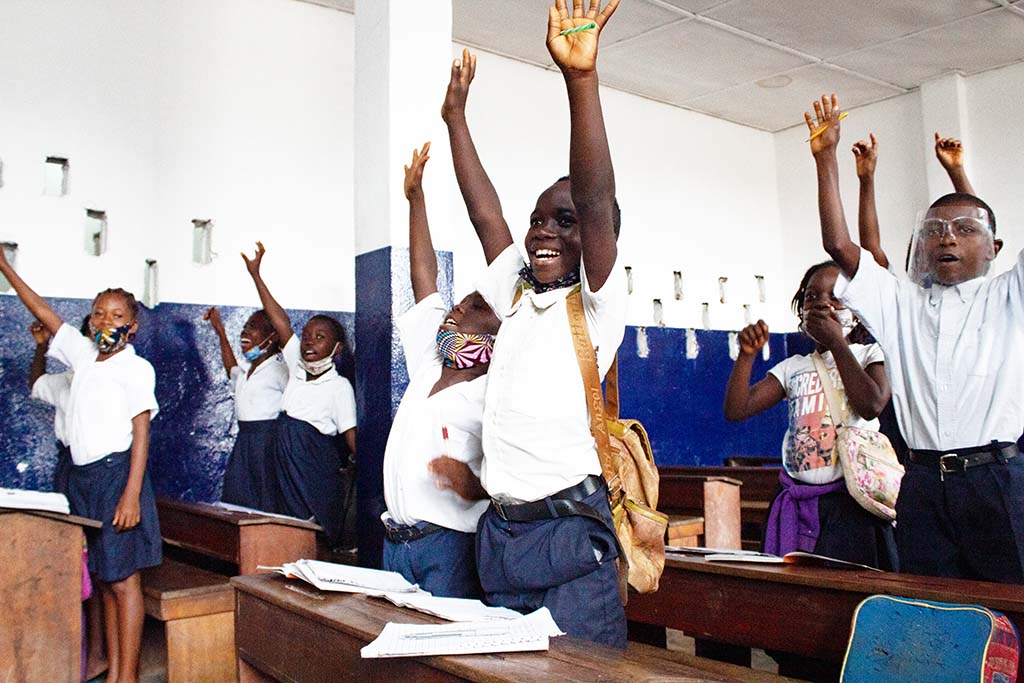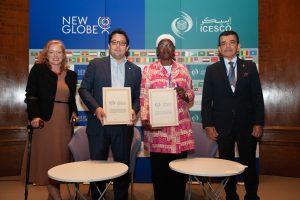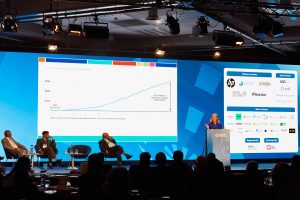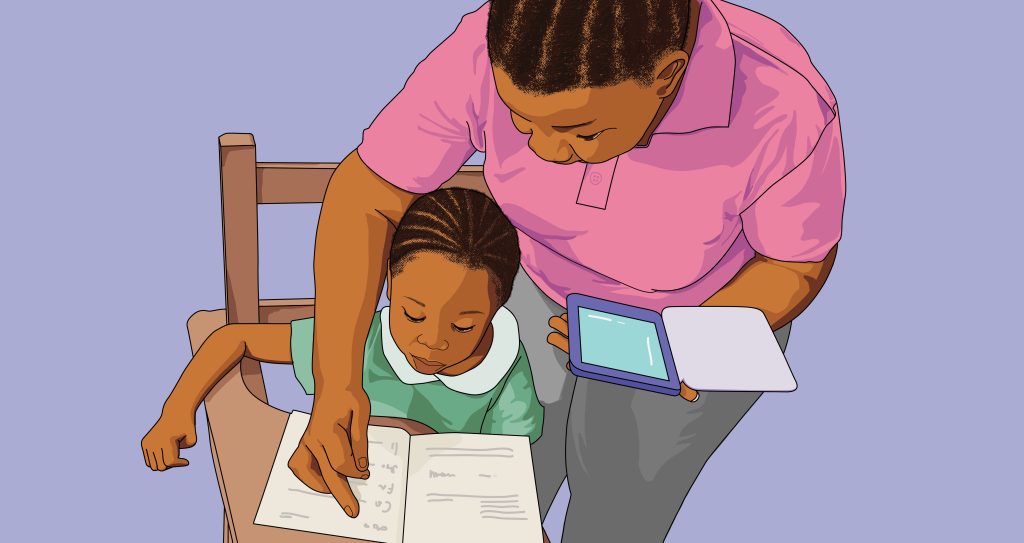EWF 2022: Building Stronger, Bolder, Better Education Systems Together
The impact of Covid-19 on learning has been disastrous. The World Bank estimates it could push the percentage of 10-year-olds in low and middle-income countries unable to read a simple sentence – so-called “learning poverty” – up from 50% to 70%.
This week, the world’s largest gathering of national education leaders is happening at the Education World Forum (EWF) in London. The global ministerial gathering sets out to debate the future of education policy and is taking place in person for the first time since schools were closed due to the pandemic. The event comprises three days of insight and inspiration from pioneers, policymakers, and experts, with many sessions given by education ministers themselves as part of an honest assessment of education’s common issues and challenges.
Over the years EWF has developed its reputation as a closed event where education ministers from around the world can talk openly and honestly with their peers and industry partners, sharing ideas and experiences about what works and what doesn’t work in education development. The Covid-related learning losses of the past two years have inevitably influenced this year’s theme – “building forward together program – with delegates united in the need to find urgent means to turn around what is an apparent global learning crisis – the worst in a century, according to World Bank Education Director Jaime Saavedra.
Ministers leading wholescale reform are addressing delegates at the Education World Forum. It is widely recognized that State governments in Nigeria are leading the future of education transformation in Africa, with innovative public education reform programs such as; EdoBEST and EKOEXCEL that are already turning around Covid learning losses and transforming education outcomes for millions of students across Nigeria.
The EKOEXCEL program in Lagos State covers half a million students and all 500,000 students across 1,016 pre-primary and public primary schools. A recent evaluation found that an average primary three EKOEXCEL student was now reading at nearly the same fluency level as an average primary five student before the launch of the program in 2020, despite the impact of the Covid pandemic.
Increasingly African political leaders are seeking education solutions that have already proven effective on the continent, transforming learning outcomes at speed and at scale.
The Governments of Nigeria’s Lagos, Kwara and Edo States have all committed to driving up standards and outcomes across their entire education systems, with measured gains in literacy and numeracy in weeks.
Lagos State Governor Babajide Sanwo-Olu said:
“We believe a solid foundation for our children starts with qualitative primary education, hence our deliberate focus on primary school education and reform. Our administration will continue to increase investment to bring up the standard of education across board”
Their programs are supported by data-driven technology solutions in partnership with NewGlobe, which supports national and state governments by creating powerful technology-enabled education systems.
The Edo Basic Education Sector Transformation (EdoBEST) in Edo State is another example of education reform, which is being watched closely by other Government leaders. EdoBEST is supported by the World Bank and is the only subnational education program in Africa to be part of the World Bank’s Accelerator Program.
World Bank Education Director Jaime Saavedra said:
“We believe that Edo State can set a great example for other states in Nigeria and even other countries. That is why Edo is part of the World Bank/UNICEF Accelerator Program.”
NewGlobe’s combination of structured pedagogy with the gathering of real-time data for accountability and feedback is one recommended by the World Bank. All NewGlobe programs empower teachers with resilient infrastructure and digital tools to deliver expertly planned lessons based on the national curriculum.
National education leaders, over the next three days, will debate and discuss what appears to be an overwhelming learning crisis, as governments everywhere deal with the impact of the covid-19 pandemic, and the school closures which accompanied it, on children’s education.
A focus on outcomes, and on driving clear measurable improvements in learning for children at scale and at speed is essential.




